What's missing is this:
setlocale(LC_ALL, "");
If your locale supports UTF-8, then ncurses will check a built-in table of Unicode values to augment the terminal description's acsc string.
Here's xterm displaying equivalent information using the ncurses test-program:

while the terminal description omits some of those, as shown by my modified version of altchars:
Unknown line drawing character label(s) found in acsc capability:
|
Unassigned characters from the alternate character set:
h board of squares
+ arrow pointing right
, arrow pointing left
- arrow pointing up
. arrow pointing down
I lantern symbol (old)
0 solid square block
Start alternate character set sequence: ^[(0
End alternate character set sequence: ^[(B


